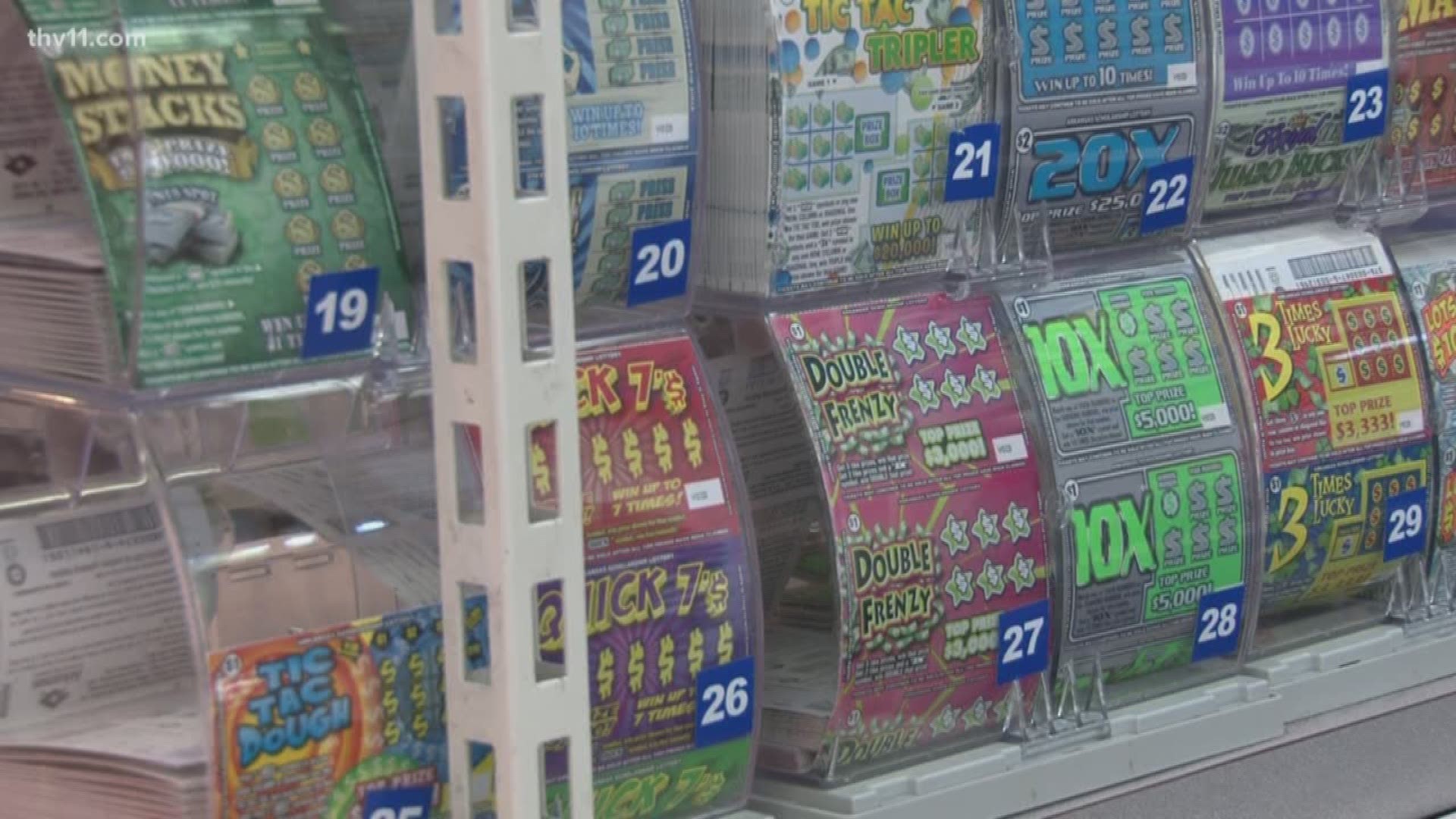LITTLE ROCK, Ark. (KTHV) - Scammers are becoming smarter and more convincing with their tactics to reach you and your wallet.
The Better Business Bureau conducted a study recently pinpointing people who want to win big.
The group initiated the study on lotteries and sweepstakes after reports of gang-related violence and retaliation over millions of dollars were stolen and unaccounted for through scams in Jamaica.
“A lot of people buy lottery tickets. People are told you've won! But keep this a secret until we pay,” Mike Rohrer said with the BBB in Little Rock, Arkansas.
Unfortunately, pretty much anyone with a phone is at risk of receiving scam calls. No one's completely safe, but you can still play it safe with the right information.
“They will sell your information,” added Rohrer.
The BBB’s findings on lottery and sweepstake scams revealed alarming, but not so surprising data. If you're getting calls or text messages from Jamaica area code 876 -- you've been warned.
“A few years ago companies needed and used outsourcing, and actually trained people in call center mentality,” Rohrer said.
The bureau surveyed millions of dollars lost in 2015, 2016 and 2017.
Findings analyzed where scams are happening, who's targeting you and what groups are affected most.
“People of all ages get scammed with this,” he said.
Jamaica, Costa Rica, Nigeria and Las Vegas were found to be primary scammers. Locally, a woman was told she won the Arkansas Powerball and Mega Millions but had to send in money to collect her winnings.
“She ended up spending about $5,500 if I'm not mistaken. $3,000 on one and $2,500 on the other,” said Rohrer.
If someone tells you that you've got to pay out to check out, you're more than likely being scammed. Seniors are targeted most often.
“They’re looking at that age group not only because they're home and seniors usually answer the phone, but they're also looking for some type of cognitive impairment,” he added.
Where most people fall short is calling back unknown numbers after they've missed a call. Remember when you do that, you just confirmed a live number for scammers.
To read the full study, click here.

